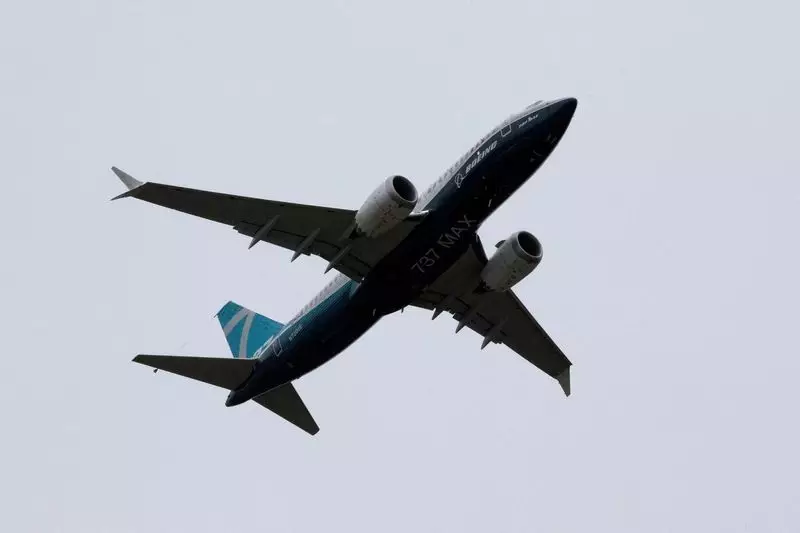The Federal Aviation Administration (FAA) is gearing up to assemble a review board in the near future, prompted by safety concerns surrounding the CFM LEAP-1B engines used in Boeing 737 MAX aircraft. This initiative is partly in response to two alarming bird strike incidents that occurred in 2023 involving Southwest Airlines fleets, where smoke unexpectedly filled the cockpits. Seeking to mitigate potential hazards, the FAA is collaborating with relevant entities, including Boeing, CFM, and the European Union Aviation Safety Agency, to understand and address these issues comprehensively.
The recent bird strike incidents have raised significant apprehensions within the aviation community, particularly because both occurrences led to visible smoke in the cockpit, an alarming sign that demands immediate attention. Although such events are rare, the FAA must evaluate whether existing piloting procedures adequately mitigate risks associated with smoke presence in the cockpit. The Seattle Times has suggested the possibility that the FAA might issue interim pilot instructions, which could involve altering takeoff protocols until a definitive solution is established by Boeing.
Boeing has indicated its commitment to cooperating with ongoing investigations related to the incidents. A spokesperson highlighted the need to follow regulatory procedures rigorously, reinforcing their focus on ensuring the safety of the global aviation fleet. Southwest Airlines has also recognized the gravity of the situation by promptly informing its flight crews about the implications of bird strikes, emphasizing adherence to established safety measures within their recurrent training programs. The airline’s proactive stance aims to guarantee the safety of both passengers and crew.
A deeper dive into the technical aspects involves understanding the requirements laid out by FAA and European institutions regarding bird ingestion. Notably, GE Aerospace, co-owner of CFM, has claimed that the LEAP engines meet all necessary certification standards. However, the incidents involved birds that were significantly larger than typical regulatory models. Despite this, the engines functioned as per the design specifications, suggesting that while the incidents were troubling, the design itself appears robust under more typical circumstances. Nevertheless, the potential for these anomalies raises critical questions about the long-term viability of these engines under rare but possible extreme conditions.
The ramifications of these developments extend beyond immediate safety measures; they also impact the future of Boeing’s 737 MAX 7 and MAX 10 models. Delays due to investigations and the need for a resolved anti-ice system further complicate the certification process for these new aircraft. The prospect of extended project delays not only poses financial implications for Boeing but also affects airline operators and, ultimately, travelers who eagerly await the introduction of revamped models to commercial routes.
The upcoming safety review initiated by the FAA highlights the aviation industry’s ongoing commitment to safety, especially in the wake of troubling incidents involving the Boeing 737 MAX. Both regulatory bodies and manufacturers must work in tandem with airlines to address any vulnerabilities and ensure the airworthiness of their fleets. As the industry moves forward, the focus must remain steadfast on maintaining the highest safety standards for passengers and crews alike, learning from past incidents to enhance future operations and restore confidence in aviation safety.

